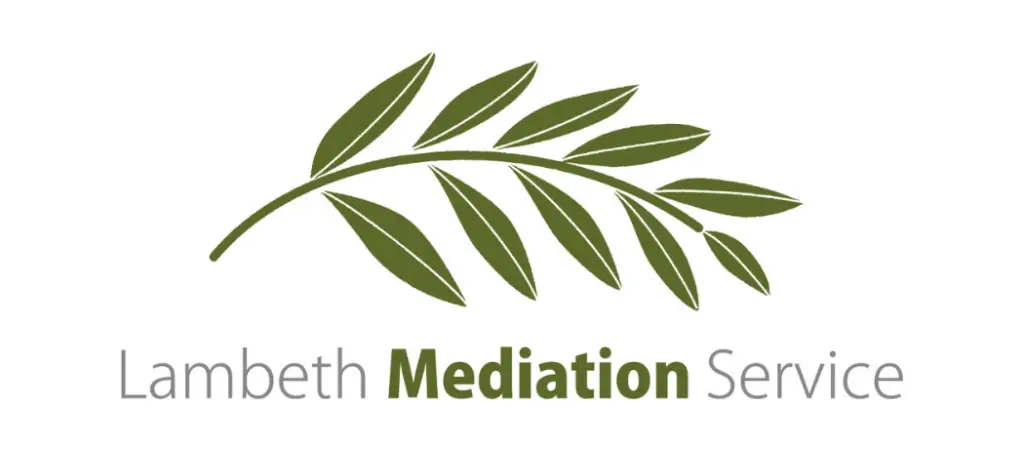Conflict Surgeries
Our Promise To You
All conversations and meetings you have with us are private. What you say is not repeated to other mediation participants or anyone else.
IMPARTIALITY
Our mediators will not blame or judge the participants of a mediation. They will not take sides or decide what is right and wrong.
is up to you if you want to try mediation. You decide how far you want to go in the process and you can change your mind at any stage.
Our volunteer mediators and staff are here to help guide you through the process. They do not focus on what has happened, but how your situation can improve in the future.
Our mediators will not blame or judge the participants of a mediation. They will not take sides or decide what is right and wrong.
FLEXIBILITY
The mediation meeting is a safe space for parties to discuss issues openly in a non-threatening and constructive conversation. All participants follow a respectful code of conduct.
What is Mediation?
Mediation is a flexible, structured and confidential process used to settle a dispute between two or more people. Mediators act as a third party to help to resolve the conflict, using specialised negotiation and communication techniques to facilitate a peaceful agreement between the participants. Our community mediation and conflict surgery services have helped hundreds of Lambeth residents to communicate their issues in a healthy manner, alleviating difficult symptoms such as anger, hostility and emotional distress.
What support can I access during the process?
Our staff and volunteers are here to provide advice, information and encouragement during the mediation process. They can help you decide whether mediation is suitable for you and your situation.
We organise all meetings and conversations according to your schedule and availability. This can be in the daytime or evening, weekdays or weekends.
We facilitate our mediations and surgeries via Zoom but can be accommodating for in-person meetings if needed. We can signpost resources and provide training calls for digital accessibility so that you are equipped for any meetings we have.
Mediation is voluntary, meaning you are not obliged to participate. During all meetings, we operate via a respectful code of conduct so that it is a safe space for you to share your feelings openly in a constructive conversation.
Who will be at the Mediation?
The mediation meeting will be attended by both participants within the dispute and two mediators. The mediators will guide you through the conversation with impartiality and confidentiality. They will not take sides, decide what is right and wrong, or judge and blame the participants. They will not share any information that you have previously discussed with LMS staff and volunteers, it is up to you to decide what you would like to say in the meeting.
Who will be at the Conflict Surgery?
A conflict surgery is attended by one of our volunteer mediators and yourself. It is a confidential one-on-one conversation for us to advise you on how you could approach your problem. You can choose to attend either a Conflict Surgery, Mediation, or both.
How will mediation help my future?
Our volunteer mediators do not judge what has happened in the past in your situation, but focus on how it can improve in the future. Each mediation meeting aims to end in a non-contractual agreement between the two participants. This is not enforced or legally binding, but aims for you to leave the mediation with some peaceful common ground.

